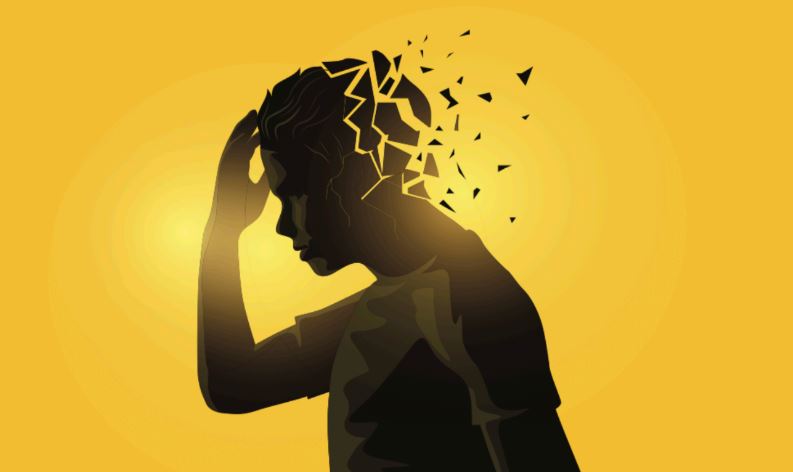Are you contributing to poor mental health at work?
In my work as a coach, people often share with me that they consider their jobs to be a significant part of their lives, and not just for the obvious income-providing reason. Their work provides them with purpose, opportunities for accomplishment, and reinforces their sense of value. But this isn’t always the case.
Employment, when experienced in a positive environment, not only fulfills our physiological, safety, belongingness and esteem needs, it can motivate us to fulfill our self-actualization needs. These are fundamental needs, and when they aren’t met, the spirit suffers. Prolonged periods of emotional neediness inflict significant damage, where the mind responds unfavorably with numerous effects.
The human spirit reacts to its surroundings. When the workplace treats people poorly (or they have the impression they are being treated poorly), they respond negatively. The mind jumps to their defense and justifies an altered line of behavior.
Common Contributors to Poor Mental Health
I recently read a report published by the UK Government about mental health conditions, work, and the workplace. According to researchers they commissioned, the most common mental health problems—anxiety and depression—can be caused by work-related issues.
As a coach, I see two common contributors:
- Disrespect: This can involve being ignored, ridiculed, subjectively judged, or discriminated against. An employee’s emotions manifest as anger, resentment, or rejection.
- Abuse: A person who is reprimanded needlessly, insulted, antagonized, or threatened will develop a sense of inferiority or hopelessness. They may feel targeted, worthless, insecure, or fearful.
Poor treatment, and the pressures of a dynamic and demanding environment, cause some to wonder if they can cope. Survival mode is a desperate place to be, causing people to worry about losing their job and life-sustaining income. This weight also impacts their families.
People experiencing these kinds of emotions can’t work at peak productiveness. Mental illness debilitates cognition, memory, and responses. It demotivates, destabilizes, and may be manifested as anxiety if relief isn’t found.
Depression can also set in. Experts understand depression to be a prevalent issue in the workplace, even though the topic is rarely discussed. Self-diagnosis is difficult, and most people refrain from discussing personal problems in a professional environment. The subject is still difficult to raise in many workplaces.
Poor mental health affects much more than a person’s work. It negatively affects their physical, family, and social health. This often worsens the mental health spiral. Leaders who recognize the importance of mental health create an environment that supports it.
What do you think? Are you contributing to poor mental health at work? I’d love to hear from you. You can call me at 561-582-6060, let’s talk. And as always, I can be reached here, or on LinkedIn.

Did You Enjoy This Article?
Join thousands of other smart business owners like yourself & get our Proffittable Times newsletter.
It's filled with actionable content you can apply immediately.
Sign up now to get started!
– Coach Nancy










